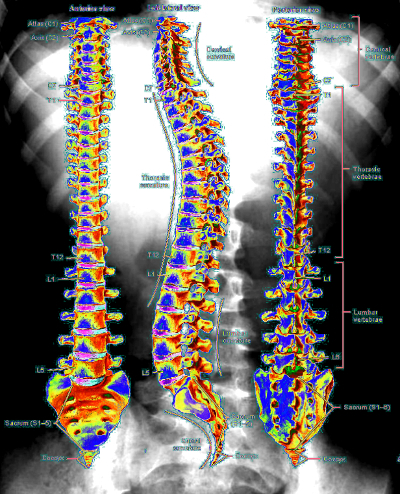Study cracks NZ chiro claims
 Studies show more than half of New Zealand chiropractors who advertise online make misleading claims about what they can treat.
Studies show more than half of New Zealand chiropractors who advertise online make misleading claims about what they can treat.
Data gathered by the Society for Science Based Healthcare looked at websites advertising chiropractic clinics for claims that chiropractic could help with allergies, ADHD, asthma, bed wetting, colic, and ear infections.
Of the 137 websites found, 54 per cent claimed that chiropractic manipulation could treat or improve one or more of these conditions, despite a lack of scientific evidence.
In March this year, the Chiropractic Board of Australia published a Statement on advertising which said:
“Claims suggesting that manual therapy for spinal problems can assist with general wellness and/or benefit a variety of paediatric syndromes and organic conditions are not supported by satisfactory evidence. This includes claims relating to developmental and behavioural disorders, ADHD, autistic spectrum disorders, asthma, infantile colic, bedwetting, ear infections and digestive problems.”
In New Zealand, both the Fair Trading Act and the Advertising Standards Authority’s codes of practice require that claims made in advertisements must be substantiated.
The New Zealand regulator of chiropractors, the Chiropractic Board, also requires in its own Advertising Policy that:
“All advertising must… be presented in a manner that is accurate, balanced, and not misleading”
The Society also found that 70 per cent of chiropractic clinic websites used health testimonials as a marketing tool or claimed chiropractic could improve one of the conditions they looked for.
The use of health testimonials in medical advertisements is prohibited by NZ’s Medicines Act, and the Chiropractic Board’s Advertising Policy states that:
“A chiropractor shall not advertise any material which… uses testimonials whether from patients or any other person”
The review published in the New Zealand Medical Journal concludes by calling for the New Zealand Chiropractic Board to make a public statement insisting that chiropractors stop using health testimonials and misleading claims in their marketing, and to follow this up by taking a more active regulatory role.
In order to assist with this task, the Society for Science Based Healthcare says it is willing to share the data it has collected with the New Zealand Chiropractic Board.








 Print
Print